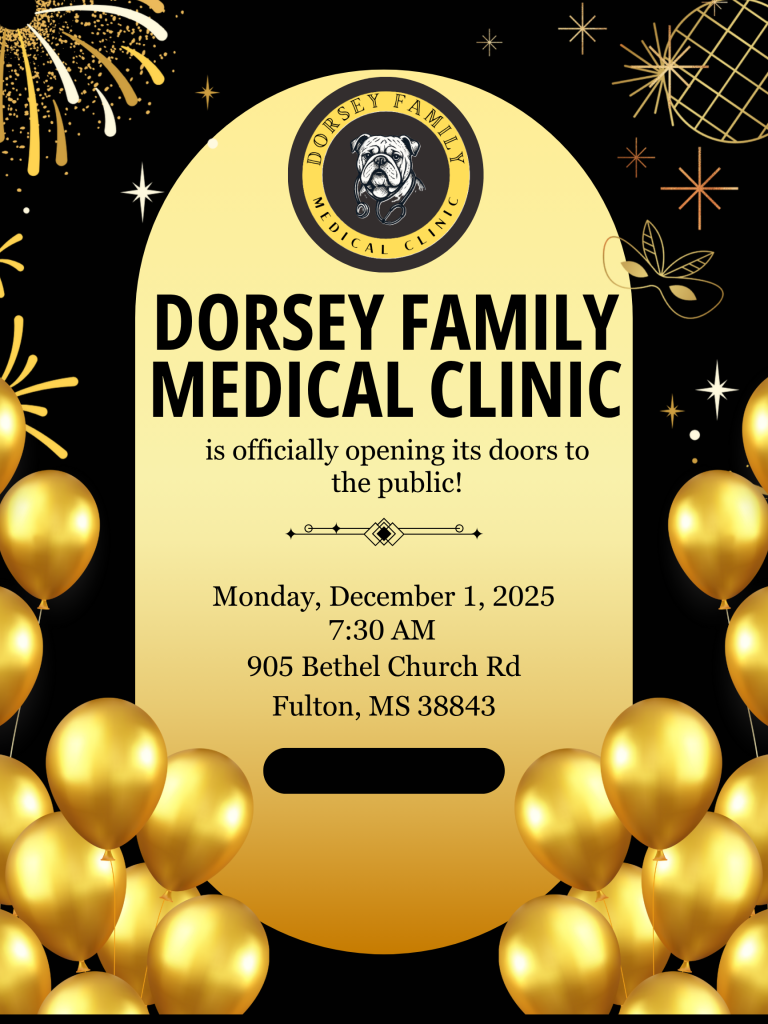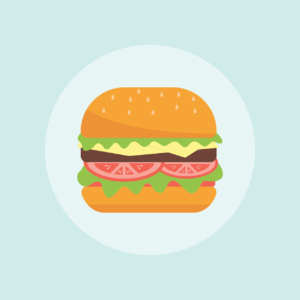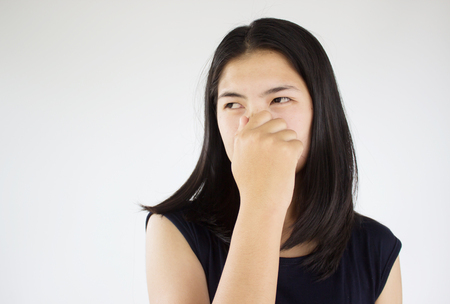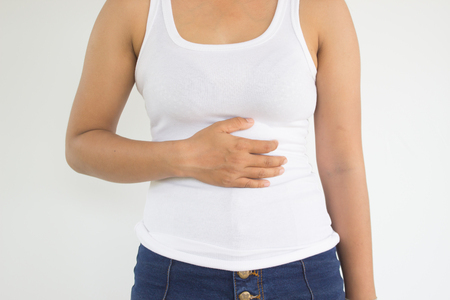 Infectious Mononucleosis (Mono) is often called the kissing disease because it’s spread by contact with viral-infected saliva. You can get it from kissing, but it’s also spread through coughing, sneezing, or the sharing of items such as drinking glasses, eating utensils, straws, toothbrushes, or lip gloss. Mono is contagious, but it’s not as contagious as other viruses such as the common cold.
Infectious Mononucleosis (Mono) is often called the kissing disease because it’s spread by contact with viral-infected saliva. You can get it from kissing, but it’s also spread through coughing, sneezing, or the sharing of items such as drinking glasses, eating utensils, straws, toothbrushes, or lip gloss. Mono is contagious, but it’s not as contagious as other viruses such as the common cold.
Adolescents and young adults catch mononucleosis with all its signs and symptoms most often. Young children may also get mono, but often only few of the symptoms manifest and the infection often goes unrecognized.
What causes it?
The Epstein-Barr virus (EBV), also known as human herpesvirus 4, causes Mono. It’s one of eight known human herpesvirus types in the herpes family, and is one of the most common viruses in humans. This virus usually doesn’t cause any serious problems in older adults. In fact, by age 35–40, approximately 95% of the population has been infected with EBV and has built up antibodies to become immune to it.
What are the symptoms?
Mono runs its course in 10–30 days. People with weakened or suppressed immune systems, such as AIDS or organ-transplant patients, are especially vulnerable to serious complications from mononucleosis.
The first symptoms of Mono include general weakness and extreme fatigue. An infected person may need 12–16 hours of sleep daily prior to the development of other symptoms. Early symptoms of Mono mimic cold or flu symptoms. They can include:
- Fever and chills. (EBV is most contagious during this stage of the illness)
- An enlarged spleen, causing pain in the upper left of the abdomen
- Sore throat and/or swollen tonsils
- Swollen lymph glands (nodes) in the neck, armpits, and/or groin
- Jaundice (yellowing of the skin and eyes) indicates an inflamed or enlarged liver
- A red skin rash, particularly on the chest
- Loss of appetite
- Stomach pain and/or nausea
- Muscle soreness and/or joint pain
- Headache
- Chest pain
- Coughing
- Rapid or irregular heartbeat
If you think you may have Mono and your severe sore throat has lasted longer than 2 to 3 days after trying home treatment, call your doctor in 1 to 2 days.
Possible Complications
With mono, often the complications are more serious than the disease itself. Mono often causes an enlarged spleen which in extreme cases can rupture causing a sharp sudden pain in the left side of the abdomen. If you have been diagnosed with mono and such pain occurs, seek medical attention immediately. You may need surgery.
MRHC is dedicated to providing our patients with the highest level of compassionate, personal and trustworthy medical care in a warm and welcoming environment. If you’re feeling under the weather, call 662-282-4226 to schedule an appointment.
Sources:
https://www.cdc.gov/epstein-barr/about-ebv.html
http://www.encyclopedia.com/medicine/diseases-and-conditions/pathology/infectious-mononucleosis
https://www.mayoclinic.org/diseases-conditions/mononucleosis/symptoms-causes/syc-20350328
https://www.webmd.com/a-to-z-guides/tc/infectious-mononucleosis-when-to-call-a-doctor








